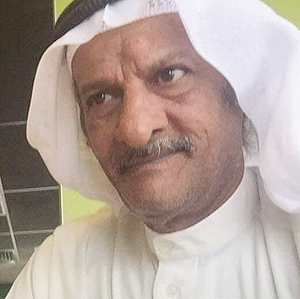
Sipping tea on a bench in a public park in Kuwait City, Yacoub Yousef Al-Qallaf, a 67-year-old Kuwaiti from Daiya, told Kuwait Times about the ordeal he faced during the Iraqi invasion and occupation of the country in 1990-91. Qallaf had two families - with his first Kuwaiti wife, he has three daughters who are all grownups and have families of their own; with his second expatriate wife, Qallaf has five children - three boys and two girls. "I consider my first marriage as my prewar family and the second as my postwar one," he quipped.
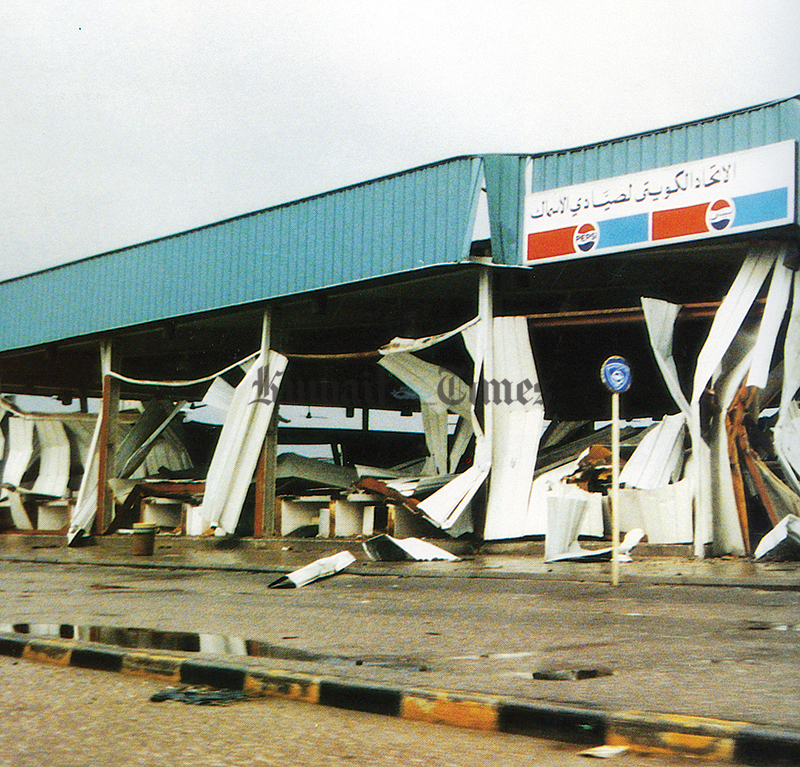
According to Qallaf, during the entire seven months of the invasion, his family was mostly confined in the basement of his family home in Daiya. He ventured out occasionally to go to the market in search of food, but his wife and children were not allowed to go out. "At that time, Iraqi money was widely circulated in Kuwait. We used it to buy groceries. We were also getting money from outside sources. I know that the money was coming from the Amir of Kuwait - he wasn't here, but he never neglected us. This money was distributed secretly house-to-house. We used it to survive the entire seven months under the Iraqi regime," he said.
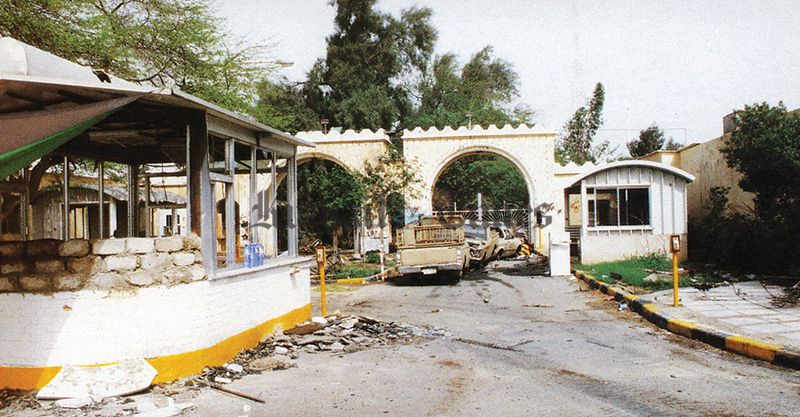
Qallaf, who was then in his late 30s, has one unforgettable memory of the invasion. It was about six in the evening when an Iraqi soldier stopped his car in Kuwait City. "I thought this was the end of my life, because I resisted giving my car to them. An Iraqi soldier stopped my car and told me to leave immediately or be killed. I resisted at first, because it was the only remaining car of the family, but the soldier seemed serious. He said at the count of three, I should leave my car or be killed. Fearing for my life, I gave up the car to him. I managed to go home with the help of some expats," he recalled.
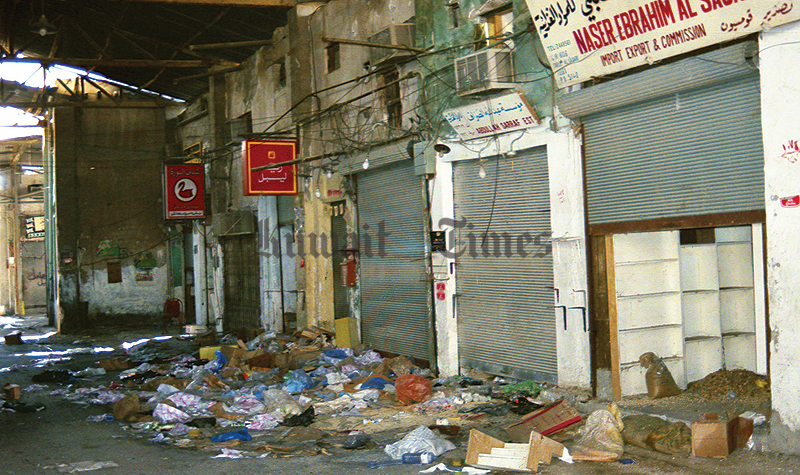
Qallaf said the Iraqi soldiers were harsher when it came to the needs and concerns of Kuwaitis. "My family trusted some Arab friends, who shared information with us. We had television and radio at that time, but these were controlled by the Iraqis, so all the news was in favor of the invaders," he said. "There was no way we could get viable information about what was going on. We didn't trust the Iraqis. I heard many sad stories about my fellow Kuwaitis, but all we could do was pray, because we wanted to survive. We always prayed that the occupation would end soon," he said.
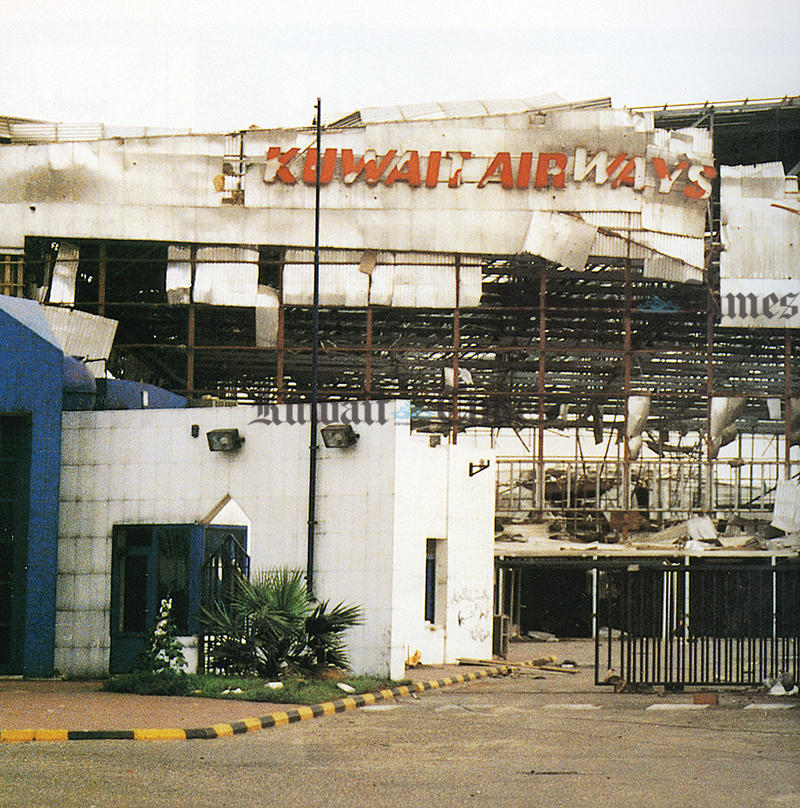
Qallaf said sounds of bombings and explosions were heard from every direction almost every day, especially at night. "We learnt about the intervention of the US-led coalition from radio broadcasts which we sometimes got from elsewhere. During the occupation, some Kuwaiti resistance units regularly broadcast from private homes inside Kuwait, and when detected by Iraqi authorities, they would transfer to another location. This is how we got the news," he reminisced.

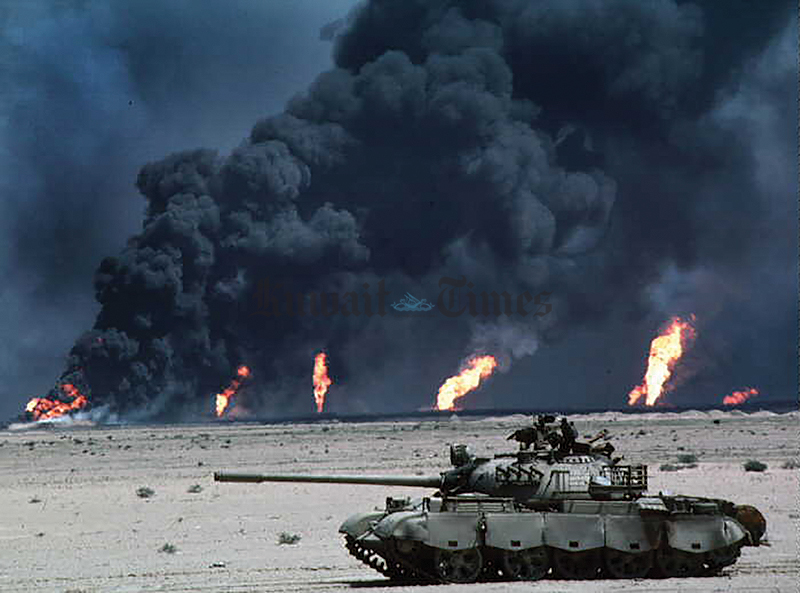
Qallaf's family was still in the basement when Kuwait was liberated. "We heard loud shouts from people. We will never forget the feeling of being liberated! We jumped from our beds and went out on the streets. We congratulated everyone there regardless of their nationality. We visited family and friends - that day was so different from the rest. It was like a feast. A beautiful day had dawned on us, one worth remembering, and was a great relief for everyone. People from all walks of life including expatriates were dancing on the streets. The Iraqi soldiers had abandoned their posts - most of them had died or surrendered," he said.
By Ben Garcia










